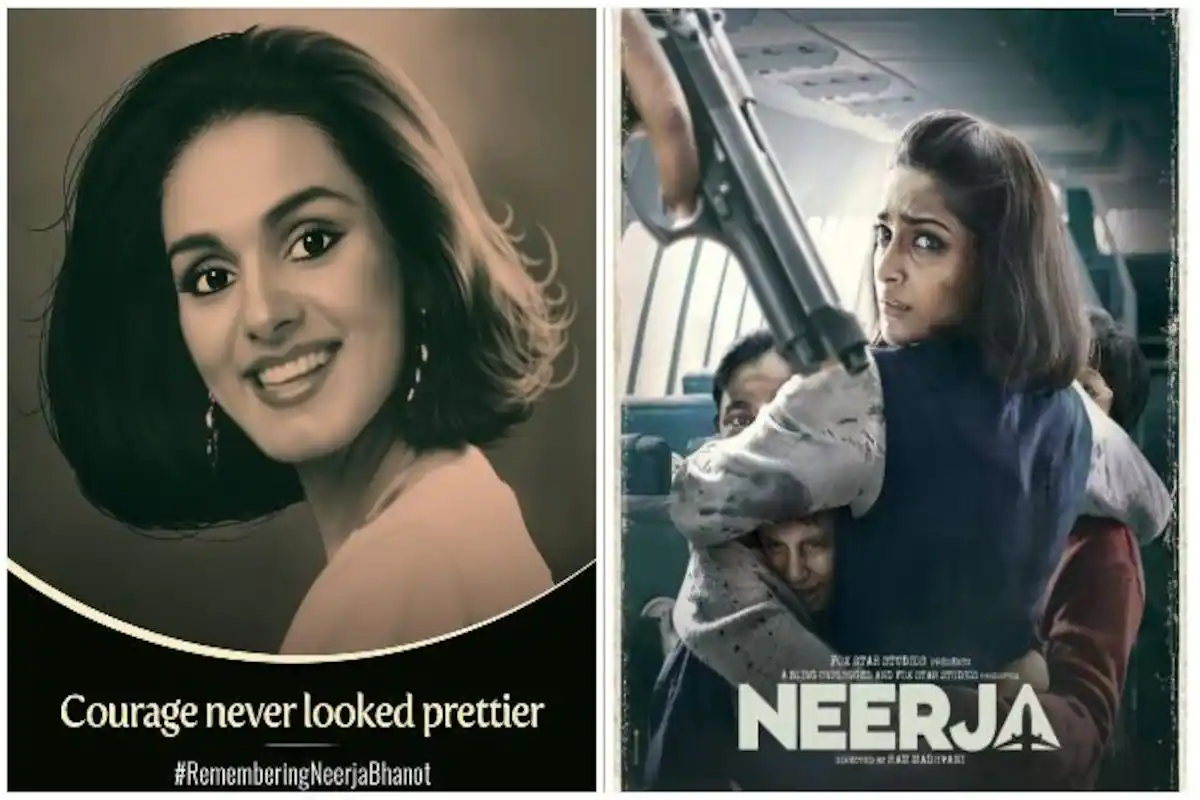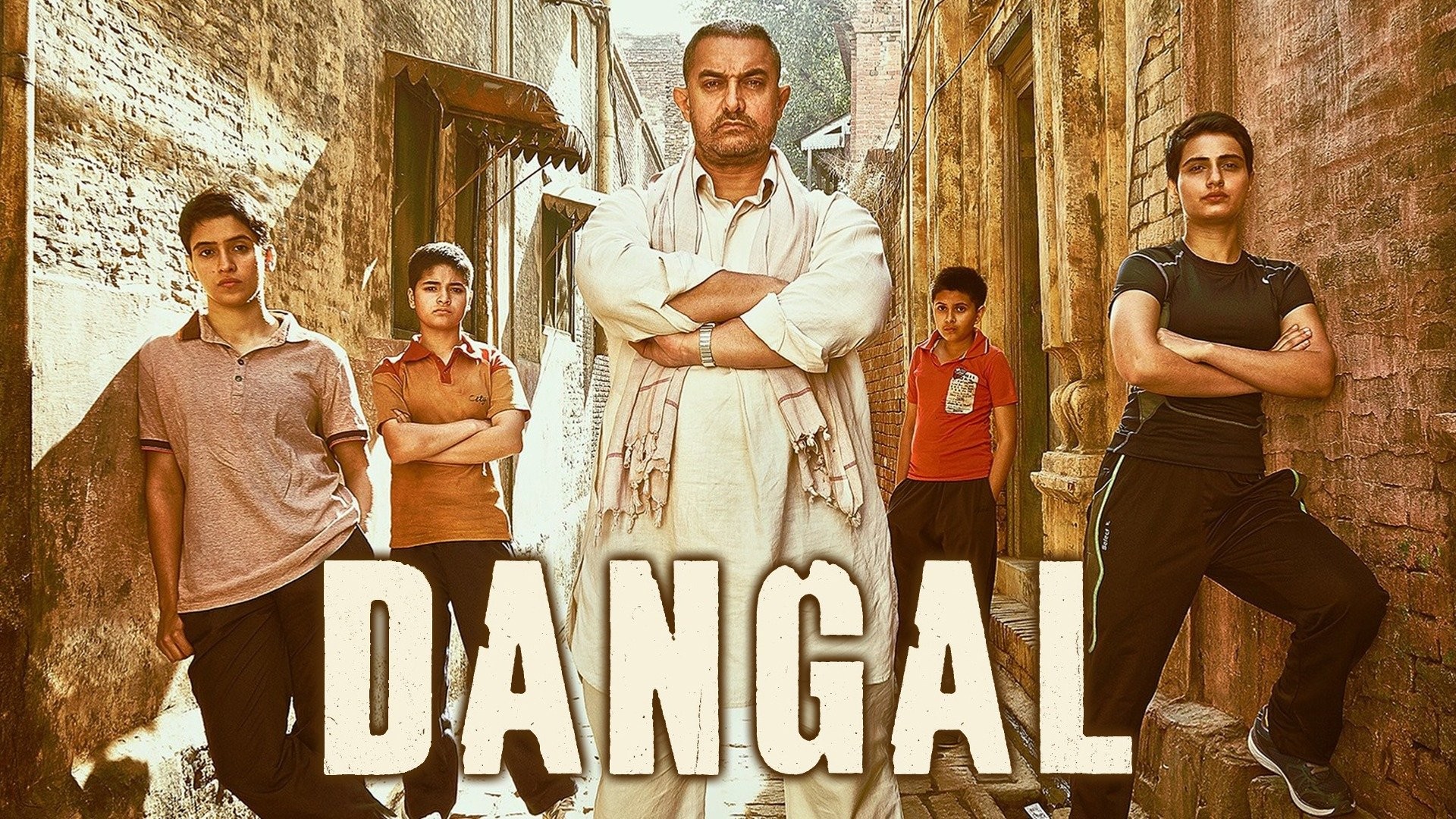Damsel Movie Review, a Western comedy film directed by David Zellner and Nathan Zellner. Set in the American West during the 19th century, the film follows the eccentric businessman Samuel Alabaster, played by Robert Pattinson, on a quest to rescue his presumed-to-be kidnapped fiancée Penelope, portrayed by Mia Wasikowska. The story unfolds in a series of comedic and often surreal encounters that challenge traditional Western tropes while exploring themes of love, identity, and the complexities of human relationships.

[ez-toc]
The cast
“Damsel” delivers standout performances that bring depth and humor to the film’s quirky narrative. Robert Pattinson shines as Samuel Alabaster, bringing a blend of naivety and determination to his character, whose misguided romantic notions drive much of the plot. His comedic timing and ability to convey both earnestness and absurdity make him a captivating and entertaining lead. Mia Wasikowska’s portrayal of Penelope adds another layer to the story, subverting the damsel-in-distress trope with her strong-willed and resourceful demeanor. The chemistry between Pattinson and Wasikowska is palpable, lending credibility to their unconventional relationship dynamic.
Supporting cast members such as David Zellner, Nathan Zellner, and Joseph Billingiere further enhance the film’s eccentric charm with their memorable performances. David and Nathan Zellner, who also co-wrote and co-directed the film, appear as quirky characters who cross paths with Samuel and Penelope on their journey, injecting doses of dark humor and surrealism into the narrative. Joseph Billingiere’s role as Rufus Cornell, a preacher with a troubled past, adds a layer of moral ambiguity and complexity to the story’s themes.
Visually
, “Damsel” is a treat for viewers, with cinematographer Adam Stone capturing the vast landscapes of the American West in stunning detail. The film’s vibrant color palette and meticulous attention to period details transport audiences to a bygone era while maintaining a contemporary sensibility. The juxtaposition of sweeping vistas with intimate character moments creates a sense of scale and intimacy that enhances the storytelling.
In terms of narrative structure, “Damsel” employs a nonlinear approach that keeps viewers engaged and guessing. The Zellner brothers’ script deftly blends comedy, drama, and moments of introspection, offering a multi-layered experience that invites deeper exploration of its themes. Themes of love, heroism, and the quest for meaning are explored through the lens of absurdity, inviting audiences to question traditional narratives and expectations.
The direction
by David Zellner and Nathan Zellner showcases a unique blend of whimsy and wit, with a distinct visual style and narrative voice. The directors’ ability to balance humor with poignancy creates a memorable cinematic experience that lingers long after the credits roll. Their collaborative approach to storytelling allows “Damsel” to transcend genre conventions and offer a fresh take on familiar tropes.
Critically, “Damsel” received mixed reviews upon its release, with praise for its performances, visual style, and thematic depth, alongside criticism of its pacing and tonal shifts. The film’s Rotten Tomatoes rating of [insert rating] reflects the polarizing nature of its reception, with some viewers embracing its idiosyncrasies while others found them off-putting. However, for audiences open to unconventional storytelling and genre-bending narratives, “Damsel” offers a refreshing and thought-provoking cinematic experience.
In conclusion,
“Damsel” is a whimsical and visually stunning film that challenges conventions and invites viewers on a surreal journey through the American West. With standout performances, a unique directorial vision, and thematic depth, it offers a compelling exploration of love, identity, and the human condition. While its unconventional approach may not appeal to everyone, those willing to embrace its quirks will find a rewarding cinematic experience that defies easy categorization.



